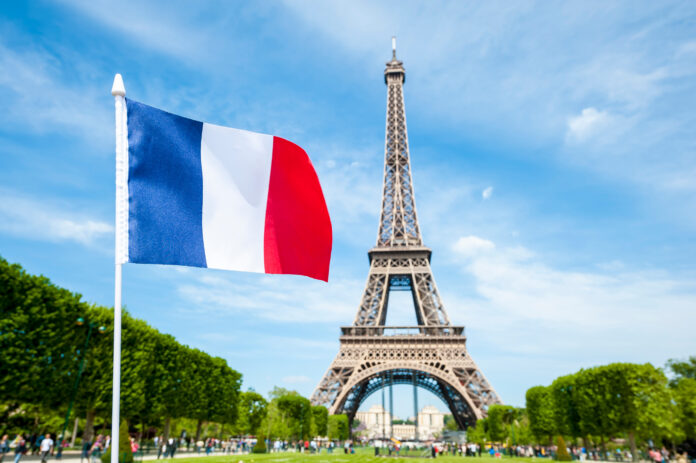In a busy week, the French telecoms tycoon has also moved to gain full ownership of Ireland’s Eir network which he says he will never sell
The French telecoms entrepreneur Xavier Niel owns telecoms businesses in 23 countries with more than 110 million subscribers. He is currently moving to become the sole owner of Ireland’s Eir, but it is his newly published memoire and the promotional interviews that are making the bigger headlines, including his political ambitions.
Niel said in an interview last week on the radio station FranceInter that his cherished dream is to become the next major of Paris. His memoire’s title, translated from French is “A sacred desire to f*** the brothel”. Note that ‘brothel’ (‘bordel’ in French) is often used in spoken French to mean a situation that is annoying, messy or chaotic. The memoire was co-written as a series of conversations between friends with the former deputy mayor of Paris, Jean-Louis Missika.
He said, “I’m not sure I’ll be able to do better [as mayor] than the others, but I’d love to use my money to help my city, like [Mike] Bloomberg, the businessman who became mayor of New York, did.” The next mayoral election for Paris is 2026. He also said thinks the city needs someone younger than him. He is 57.
No French word for enterpreneur
According to Politico, Niel’s fortune is estimated at €10 billion. France cannot boast many self-made billionaires. US President, George W Bush President allegedly remarked to the then British Prime Minister, Tony Blair, that “the trouble with the French is that they don’t have a word for entrepreneur”.
Although known best known in France for being the first ISP in country and for his Free no-frills fixed and mobile service, Niel is also a big investor in French media. He co-owns Le Monde, the French daily newspaper, and is an investor in Telegram, the messaging app, whose founder, Pavel Durov, was arrested in Paris at the end of August.
In September, Niel joined the board of the Chinese group ByteDance, owner of TikTok.
Will keep Eir until he dies
At the end of last week, he moved towards full ownership of the Irish network owner Eir, buying up shares from two US hedge funds that are exiting ownership, according to the Irish Times. Niel also insisted that he will not join the long list of former owners of Eir, saying that, “It will not be for sale, until the day I die”.
He told the newspaper that he and his investment vehicles are starting to buy the shares: two of those investment vehicles, Iliad and NJJ, acquired 64.5 % of Eir in April 2018 which valued the operator at €3.5 billion.
That transaction saw New York hedge funds Anchorage Capital and Davidson Kempner, roll most of their shares into a combined 35.5% interest at the same time. The two were some of the company’s largest investors before Niel’s involvement.
The newspaper says, “It is understood that Davidson Kempner sold its 8.9 per cent holding in Eir over the summer to Anchorage Capital. Anchorage, in turn, recently began to gradually sell down the combined stake by participating in a share buyback by a holding company above Eir.”
A chequered past
The US funds were part of a group of investors that acquired shares in Eir after it emerged from examinership in 2012 following a debt restructuring in which about 40% of its then €4.1 billion debt were written off and senior lenders seized control.
Examinership in the Republic of Ireland permits a company to compromise with its creditors and propose a viable scheme of arrangement to the Court.
Since then, the two funds have shared in the more than €2 billion in dividends that Eir has paid to its owners since the 2018 takeover. The distributions equate to twice the €1 billion equity value of that deal.
Niel said in the interview with the Irish Times that, “We always invest as much as we [take] in dividends. Sometimes more. We share what we do between three. First, the company and the people working in the company. Second, the customers. And third, the shareholder. It’s always what we do in all our countries.”
He referenced the launch of Eir’s GoMo low-cost, Sim-only service five years ago as shaking up the market and how the company, which is spending €250 million a year on capital investment, now has 1.2 million homes and businesses connected to its fibre network. It targets reaching 1.9 million premises by the end of 2026.



